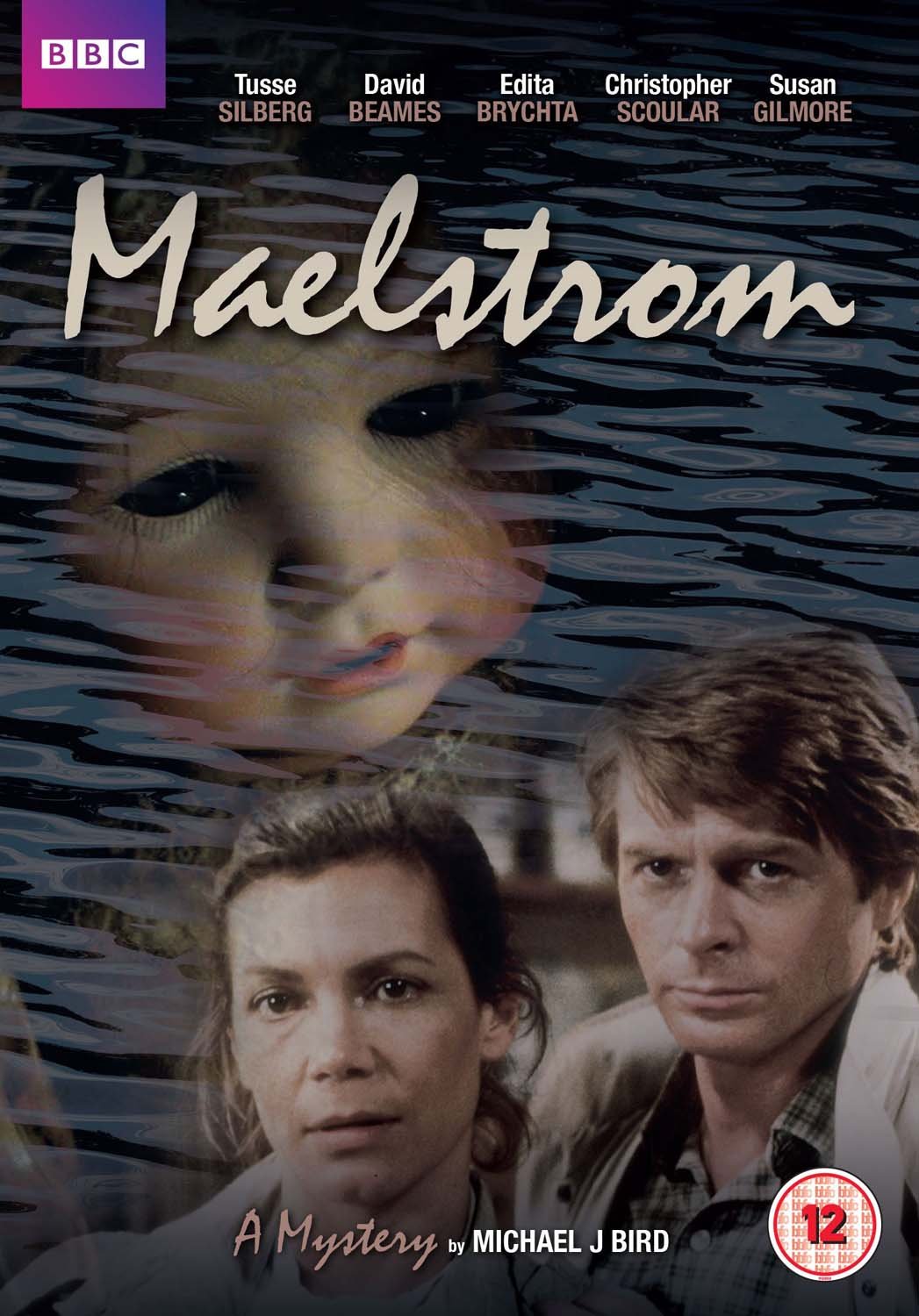

No doubt the poor sufferer will have more of these terrible episodes or nightmares – or whatever terrible experiences are being depicted here. Certainly she has not introduced any optimism. The question Dickinson poses at the end is whether or not you would feel more anguish at simply dying on the spot or being set loose again to live. As if “frozen,” you go, and as you are hanged and your eyes film over (the film “stitched” your eyes – as if hanging weren’t pain enough), someone comes running up gasping “’Reprieve’!” Once more you are saved at the last possible second from a hideous death. You know for sure your moment of death is at hand. Well, when the guard comes for you and leads you to the Gibbets, or gallows, for hanging, you don’t have that luxury anymore. The terrible experience is as if you’d been sentenced to death but then left in the dungeon – in the “luxury of Doubt” about your future. That’s all bad, but it gets worse! Now you are being led to certain death at the gallows.

But when God finally shows up, the Fiend lets go. Good thing he remembered at the last second! The Goblin becomes the devil, “the Fiend,” as if you were captured by Satan and carried, helpless, into Hell. Instead of being there to help or rescue, he had forgotten all about you. We’ve all had these nightmares, fighting to move or even to squeak out a call for help but unable to.
#Maelstrom in a sentence free
This time the terrible experience is as if an inhuman Goblin, particularly monstrous with its “Paws,” measures your suffering with a guage, hour after hour, until you were down to the last second, paralysed and numb so that you couldn’t move a muscle to free yourself. That was a near miss – a very close call! But then the next two stanzas describe another nightmare. But then, just as if waking from a nightmare, something happened to break the terrible experience. This maelstrom has conscious, malevolent intent: it “Toyed coolly” with you as you drowned, delirious with “the Agony” until you had been pulled under all the way to the last inch of clothes. The first two stanzas describe the experience as if you (and Dickinson indeed uses the second person, as if speaking directly to the reader) were being sucked into a giant whirlpool. Something terrible, we don’t know what, has happened.


 0 kommentar(er)
0 kommentar(er)
